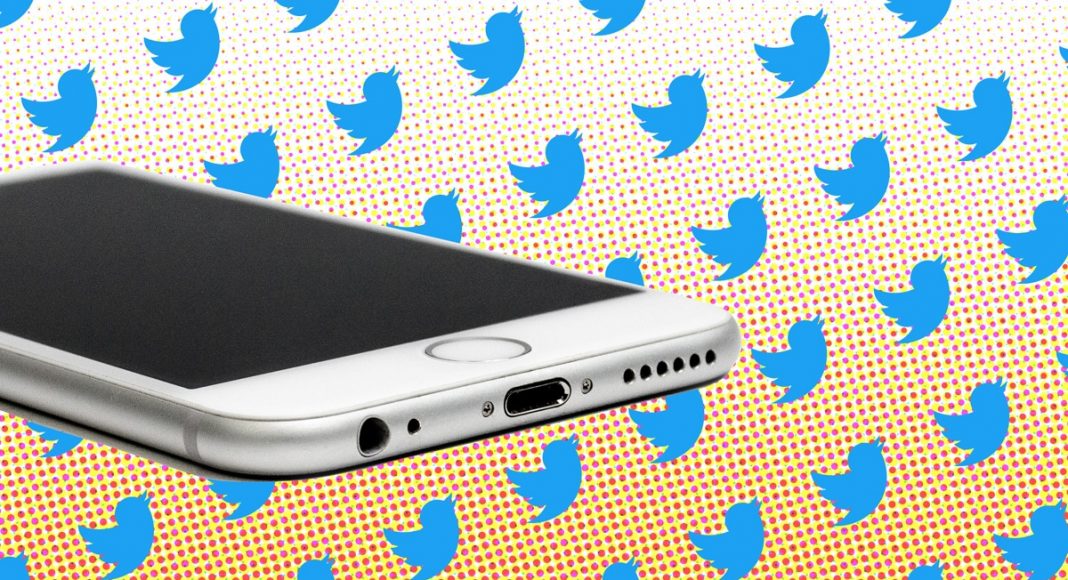Though T-Mobile aired not one, not two, but three commercials during the Super Bowl Sunday, it wasn’t where the company made the biggest impact. In fact their ads were part of an overall disappointing slew of commercials this Super Bowl, possibly affected by declining football ratings and exorbitant airtime prices.
Playing off a purposefully cringing 50 Shades of Grey parody ad staring Kristen Schaal, the official T-Mobile Twitter account and Schaal enjoyed some teasing back and forth. They were reinforcing the message across platforms, as they say, trying to raise its stickiness.
https://twitter.com/TMobile/status/828312524730757121
.@Verizon overages hurt so bad. Do you punish your customers that way, @TMobile? #TheSafeWordisUnlimited
— Kristen Schaal (@kristenschaaled) February 5, 2017
https://twitter.com/TMobile/status/828428887281381376
I’ve been streaming video all night and @Verizon punished me with overages! @TMobile can you teach me a lesson too? #TheSafeWordisUnlimited
— Kristen Schaal (@kristenschaaled) February 6, 2017
I heard @Verizon dominates customers with taxes and fees. @JohnLegere you into that sort of thing? Say yes! #TheSafeWordisUnlimited pic.twitter.com/6CZnMs4acS
— Kristen Schaal (@kristenschaaled) February 6, 2017
https://twitter.com/TMobile/status/828437055503949827
Obviously a playful exchange. Though Verizon was a target of sorts, it’s nothing egregious compared to other commercials between mobile service provider companies previously.
Only Verizon decided not to see it that way and took T-Mobile a little seriously. Way too seriously.
https://twitter.com/verizon/status/828425999121530882
https://twitter.com/verizon/status/828433480841297920
Not only that, Verizon’s Support team reached out to Schaal asking how they could help, not realizing this was all a prank.
Guys… Verizon customer service just contacted Kristen. This is really happening…#TheSafeWordisUnlimited pic.twitter.com/dZ9TubCca1
— T-Mobile (@TMobile) February 6, 2017
So what’s the point of all this? And what might it indicate? Throughout the night, this exchange instigated serious interest from the media and populace alike, not the commercials themselves. While this was a historic Super Bowl, it doesn’t entirely explain why the commercials were largely forgettable.
It perhaps indicates a shift in strategy. T-Mobile’s commercial is a memorable commercials due to the response it caused, not its contents. The side action was the real action. Social media allows brands to act and sound like humans. Aesthetically speaking, no difference exists between my posts and that of T-Mobile’s. Their presentation is indistinguishable.
But I am (mostly) a real person. @TMobile is not. They are a company trying to win you over and sell its product. Thanks to this little spat, it represents one service provider as hip and progressive and the other as old and stodgy. It also shows our ongoing fascination with the most boring of contemporary marketing tools—beef.
Having beef is the quickest opportunity to gaining attention on the internet. Fans and onlookers who didn’t care or understand what a bar was followed Drake and Meek Mill’s “beef” with intensive curiosity. Drama is content. Anyone who watches reality TV intuitively accepts this. And it’s not anything revelatory to consider social media’s pull as a giant TV screen airing all of our individualized reality TV programs.
What’s different and possibly concerning is how we now regard multi-million and –billion dollar brands with the same attention and language as we do ourselves. Social media is humanizing giant corporations, albeit in ways we don’t consciously realize. It’s just plain unsettling we care so much about some phone companies sniping at one another.
However, T-Mobile’s social media feeds succeeded where their commercials failed—it was entertaining.


